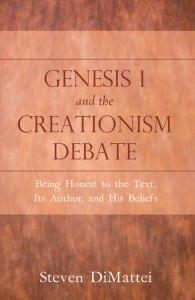Scouting the Land
Moses then proceeds to renarrate how the Israelites scouted out the promised land early on in the wilderness period and how on account of their rebellious nature and lack of faith in Yahweh they were denied entry and forced to wander the wilderness for 40 years. Ok, I thought. Everyone knows this story. Surely Moses can’t slip one in on us here.
And I said to you: “You have come to the Amorite hill country that Yahweh our God is giving us. See, Yahweh our God has put the land in front of you. Go up and take possession, as Yahweh your fathers’ God spoke to you. Fear not and be not dismayed!”
And you came to me, all of you, and said: “Let us send men ahead to scout out the land for us and to bring us back word. . .”
And the thing was … Read more





